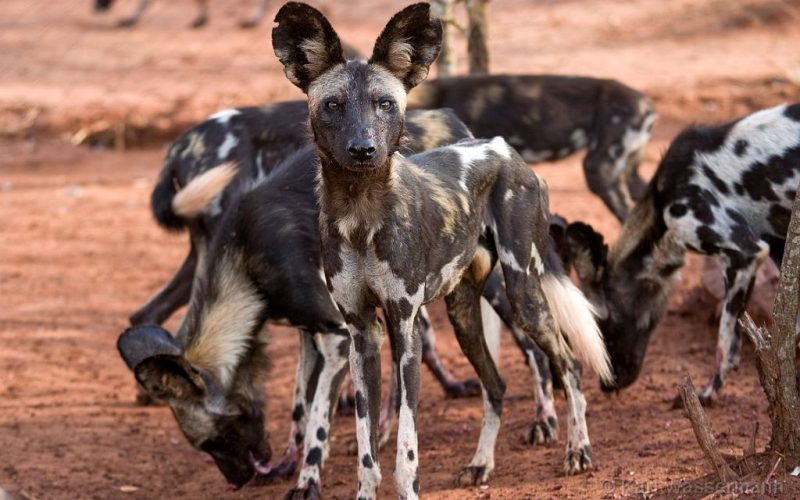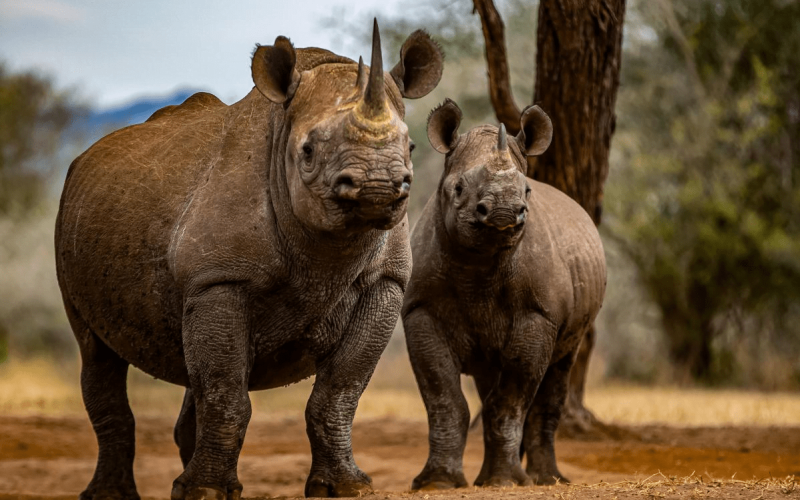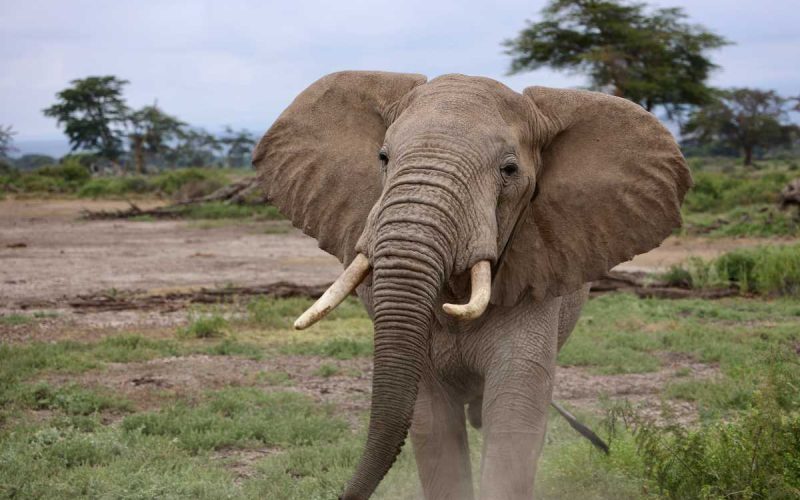Mkomazi National Park
overview
Set beneath the verdant slopes of the spectacular Usambara and Pare Eastern Arc Mountain ranges and overseen by Kilimanjaro’s iconic snow-capped peak, Mkomazi National Park is a virgin breathtaking beauty exhibiting unique natural treasures and an immense sense of space – adds to the fulfillment of high visitor enjoyment expectations – a much-needed bridge between the northern circuit and coastal attractions.
On one of Tanzania’s busiest routes, hundreds of people pass within a few kilometers of Mkomazi every day. The richness of this wedge of mountainous semi-arid savannah – home to enormous herds of giraffe, eland, hartebeest, zebra, buffalo, and elephant – are now open to visitors on these and northern Tanzania Tours And Safaris circuits.



The majestic black rhino and the friendly African wild dog, both of which were successfully reintroduced in the 1990s, rely on Mkomazi National Park for their survival. Wild dogs, which are nomadic by nature, may be found virtually everywhere in the park, while black rhinos are confined to a gated sanctuary, insuring their safety and prosperity for future generations.
With our Tanzania Safari Packages, you can see everything that this massive national park has to offer.
The magnificent fringe-eared Oryx, with its long back – sweeping horns, and the beautiful spiral – horned lesser kudu are two dry-country specialists seen in Mkomazi that are uncommon elsewhere in Tanzania Safari. The gerenuk, a gazelle with a thin neck, strange alien-like head, and habit of rising erect on its hind legs to reach acacia leaves that other browsers can’t reach, is the oddest of them.
This new Mkomazi National Park, which has been a game reserve since 1951, gets its name from the Pare tribe’s phrase for “scoop of water,” which refers to a little amount of water. It’s a great place to go if you’re looking for a Tanzania Wilderness Adventure or if you’re a birdwatcher. Dry-country endemics like the cobalt-chested vulturine guineafowl, other big ground birds like the ostrich, kori bustard, secretary bird, ground hornbill, and some migratory species like the Eurasian roller are among the more than 450 avian species documented.
Are you seeking for tranquility in the great outdoors? Then join Materuni Tours for a trip to Mkomazi National Park.
About Arusha National Park
Size: 552 sq km 212 sq miles).
Location: Northern Tanzania, northeast of Arusha town.
What To Do?
Forest walks, numerous picnic sites;
Three- or four-day Mt Meru climb – good acclimatisation for Kilimanjaro.
Accommodation
Two lodges, two rest houses, campsites, two mountain huts inside the park; more lodges at USA River outside the park and many hotels and hostels in Arusha town.
Getting There
An easy 40-minute drive from Arusha. Approximately 60 km (35 miles) from Kilimanjaro International Airport. The lakes, forest and Ngurdoto Crater can all be visited in the course of a half-day outing at the beginning or end of an extended northern safari.
NOTE: Mountain Climbing Permits duration time is 12 HOURS.
When To Go?
Dry season (July-October) for large mammals;
Wet season (November-June) for bird watching, the waterfalls and canoeing
Other Related Destinations
Serengeti National Park
- Safari Destinations
Serengeti is the biggest National Park of Tanzania and even listed on the World Heritage List of Unesco.
Ngorongoro Conservation Area
- Safari Destinations
The Ngorongoro Conservation Area (NCA) is actually part of the Serengeti plains to which the Maasai Mara (Kenya) also belongs to.
Tarangire National Park
- Safari Destinations
This park attracts a great amount of animals because it contains an important water source, the Tarangire river.
Lake Manyara National Park
- Safari Destinations
Only one third of this national park is land, the rest is swamp or water. The area has a size of 325km²
Arusha National Park
- Safari Destinations
Situated on the slopes of Mt. Meru, this park is only an hour drive from Arusha. Besides all the wildlife.
Mkomazi National Park
- Safari Destinations
Set beneath the verdant slopes of the spectacular Usambara and Pare Eastern Arc Mountain ranges and overseen
Lake Natron
- Safari Destinations
Lake Natron is situated north of the Ngorongoro Conservation Area and reachable by an adventurous route passing Engaruka village. The area is not as well known as the other nature parks,
Mount Kilimanjaro National Park
- Safari Destinations
Kilimanjaro is the tallest free-standing, snow-capped tropical mountain in the planet. Stories about her resident man-eating spirits have been consigned to the realms of mythology now




